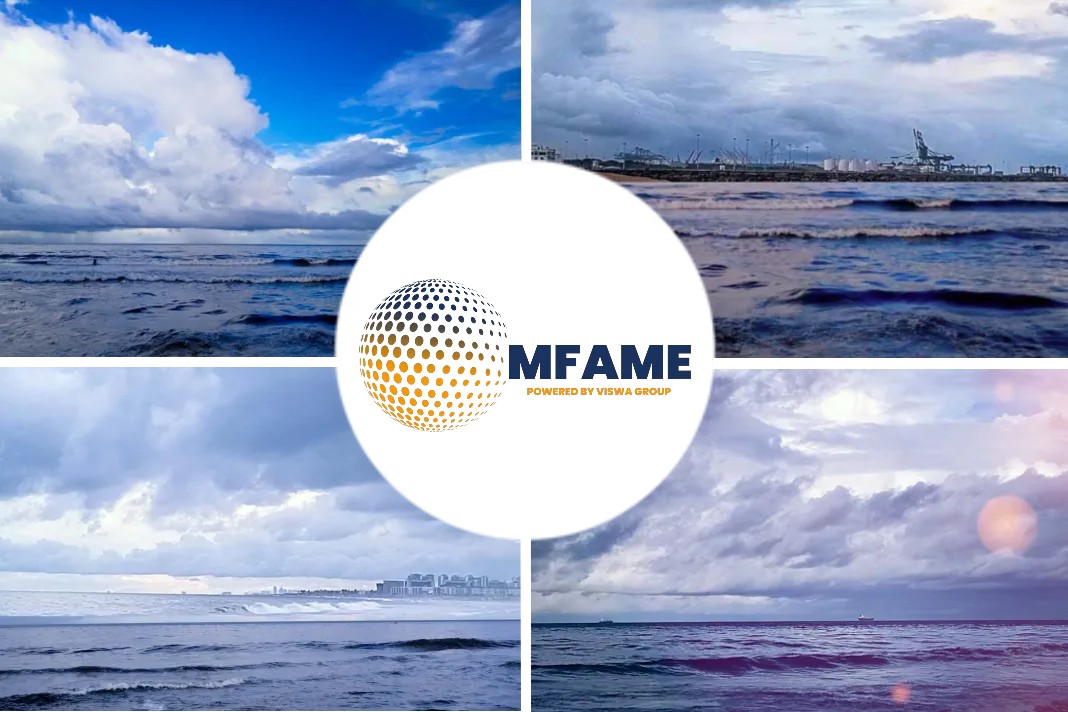- Bangladesh ship recycling industry moves ahead with the third phase of key project signed between IMO and the Government of Norway with a support of US$1.5 million.
- The project that supports the Phase III of the project on Safe and Environmentally Sound Ship Recycling in Bangladesh (SENSREC) was signed on 24 July 2020.
- The project will improve the ship recycling standards in compliance with the Hong Kong Convention and enhances capacity building on legislation and knowledge management.
- Also, specific technical assistance will be provided to the Government of Bangladesh to establish a facility for treatment, storage and disposal of hazardous wastes.
- There will also be a focus on evaluating the impact of Covid-19 on the ship recycling industry in Bangladesh.
A recently published news article in IMO reveals a great step ahead in the history of Bangladesh ship recycling industry. This will pave the way for Bangladesh to move forward on its path towards becoming a party to the IMO Hong Kong Convention, the treaty that will set global standards for safe and environmentally-sound ship recycling.
Success of Phase I and Phase II
The Agreement follows the successful implementation of Phase I (2015-17) and Phase II (2018 – 2020) of the SENSREC Project, both mainly funded by Norway.
With the additional funding, Phase III of the project will be implemented over 18 months, starting from November 2020.
The Agreement was signed by the Her Excellency Ms. Bleken and IMO Secretary-General Mr. Kitack Lim.
A note from the Ambassador of Norway to Bangladesh, Ms Sidsel Bleken
“Norway is pleased to extend its support to Bangladesh and our thanks go to IMO for their important role in this Project. Through IMO, we will continue to support the authorities, the industry, and other stakeholders in strengthening their efforts to develop Bangladesh’s ship-recycling industry and the country’s economy. We hope to see more yards complying with the requirements of the Hong Kong Convention, so that Bangladesh can be ready to accede to the Convention in the soonest possible time,” Her Excellency Ms Bleken said.
The SENSREC Project had already achieved significant progress, thanks to the commitment of the Government authorities as well as the ship-recycling industry of Bangladesh.
Thanking the Government of Norway for their generous contribution,
Mr. Lim said, “The continuation of this project will greatly enhance national capacities for Bangladesh for safe and environmentally sound recycling of ships. The success of this Phase III of the project will be seen in the crucial technical assistance role that will support the goals of Bangladesh to establish a facility for treatment, storage and disposal of hazardous wastes and ultimately support its aim to accede to the Hong Kong Convention.”
The Hong Kong Convention
The Hong Kong Convention takes care of the following aspects
- The design, construction, operation and maintenance of ships.
- Preparation of the ships for their final voyage to a recycling facility, without compromising their safety or operational efficiency.
- Enforcement of mandatory inventory of all hazardous materials on board.
Ship Recycling Plan
Ship recycling facilities are required to provide a “Ship Recycling Plan”, specifying how each ship will be recycled, based on its particular characteristics and its inventory of hazardous materials.
24 month criteria
The treaty will enter into force 24 months after three separate criteria have been met.
It must be ratified by 15 States – but these States must represent 40% of world merchant shipping by gross tonnage, and a combined maximum annual ship recycling volume (during the preceding 10 years) of not less than 3% of their combined gross tonnage.
Did you subscribe to our daily newsletter?
It’s Free! Click here to Subscribe!
Source: IMO























